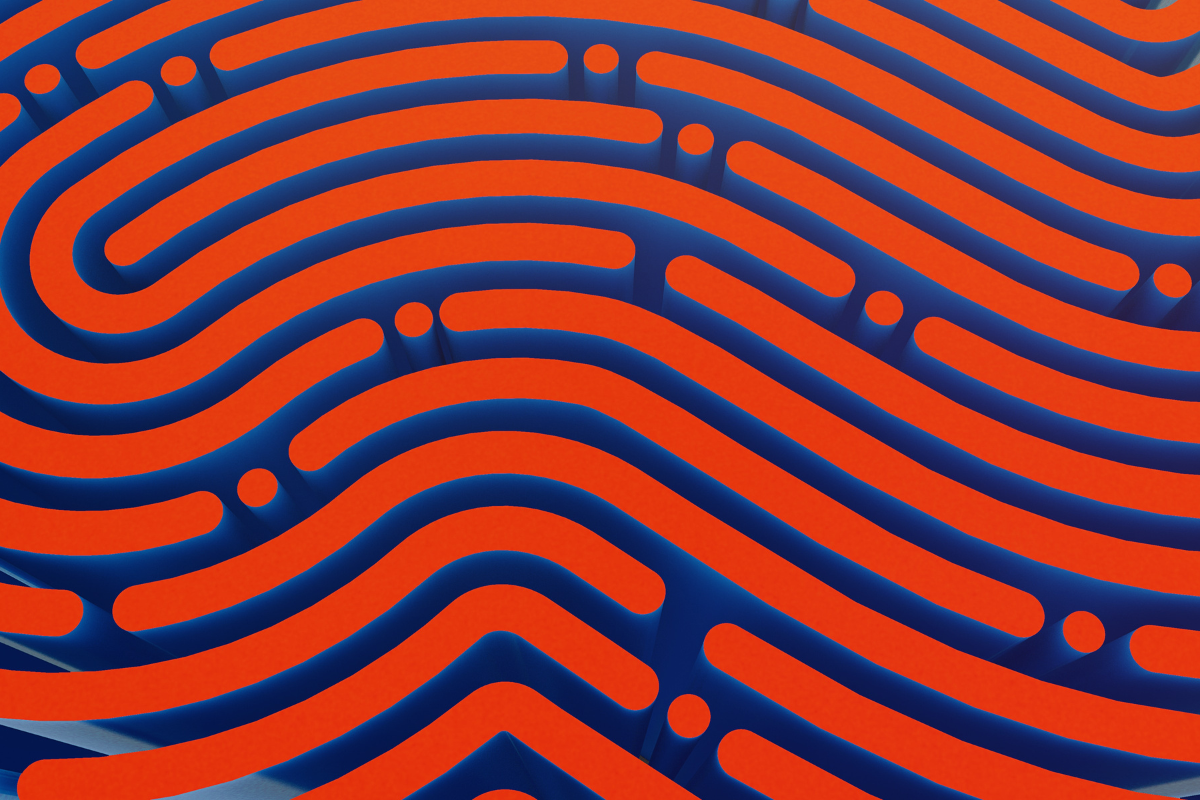Over Brazil’s past electoral cycles, watchdogs and policymakers have delved into the task of preventing elections from being skewed by the use of encrypted messaging apps to spread bulk disinformation.
Despite the 2018 experience, when then-outsider Jair Bolsonaro paved his way to the presidency by using WhatsApp to harness frustration over economic woes and corruption scandals, authorities failed to prevent disinformation from running amok in 2022.
The campaigns of both Mr. Bolsonaro and Luiz Inácio Lula da Silva, who ended up winning the race, flooded public discourse with accusations against each other of corruption, aiding drug traffickers, cannibalism, pedophilia, and satanism.
In 2024 and beyond, the challenges will only grow more complex as artificial intelligence becomes an integral part of political campaigns.
Political marketers and observers attended a House public hearing this week to discuss the use of AI in elections. They are unanimously concerned with the potential of AI-powered disinformation, and also skeptical about the role that pending regulations might play before mayoral elections take place in late 2024.
The marketers also appeared to hype up the potential of AI, just like Wall Street investors have done over the last few months. Emerson Saraiva, head of an association of political marketers, said that AI will allow people to know the results of the 2024 election “well in advance.”
He detailed his beliefs in an interview with The Brazilian Report, saying it is feasible to anticipate the results of an election “four or five days in advance,” even if some campaigns can remain unpredictable.
“The scary thing is we don’t know whether that’s good or bad,” he told Congress.
Candidates in Brazil’s 2022 general election reported spending a total of BRL 126 million (USD 25 million) on Google Ads — and a further BRL 128 million on ads on Facebook and Instagram. These figures make these tech giants the largest recipients of campaign money in Brazilian politics.
The amounts could be higher, as an additional BRL 61 million was paid to dLocal, an intermediary payment platform that also serves Facebook (dLocal did not reply to a request for comment).
Mr. Bolsonaro and Lula were by far the...


 Search
Search






































